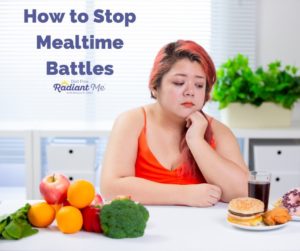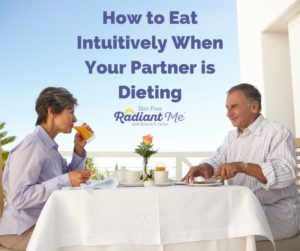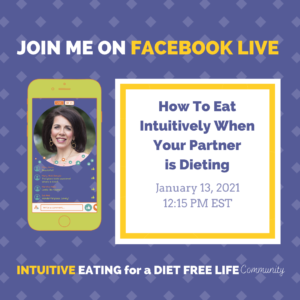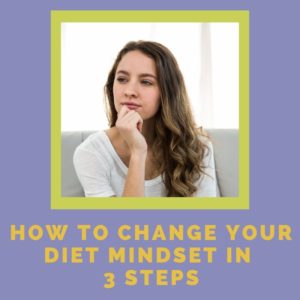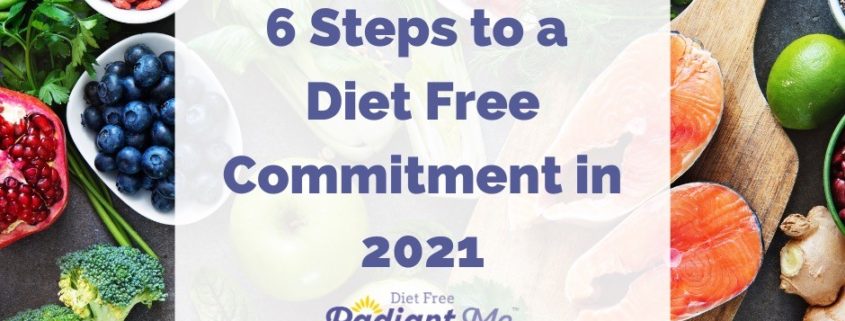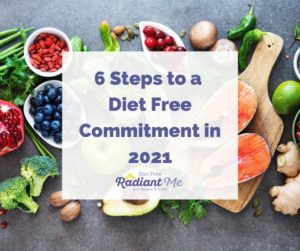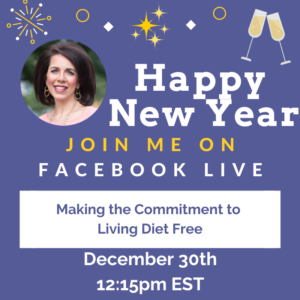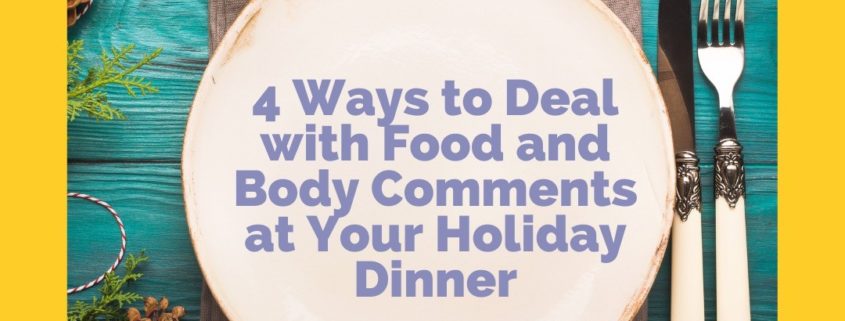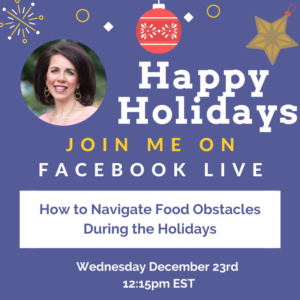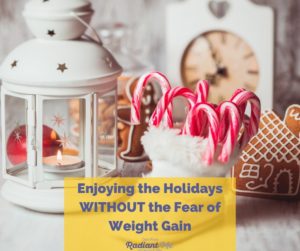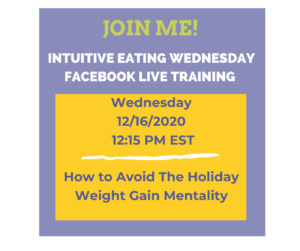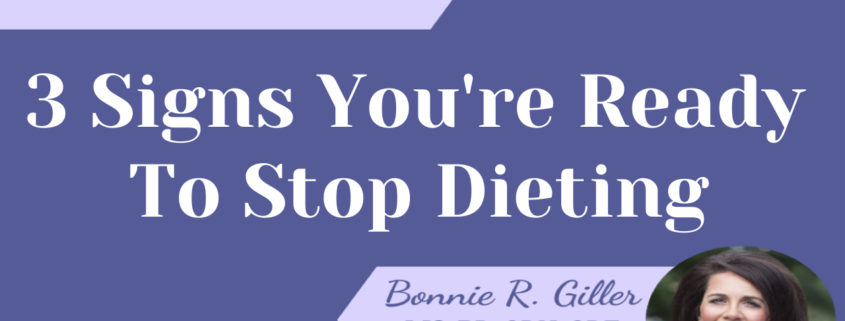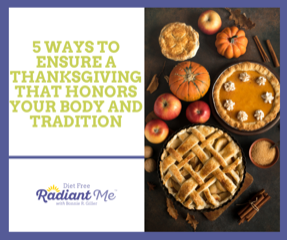How to Avoid the One Last Diet Trap
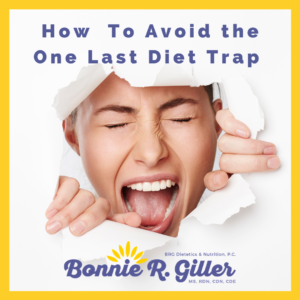 You realize that the diets you’ve been on all these years have not served you well. More than likely the weight that you lost found you again. It’s depressing and you feel distraught. You really want to lose this weight once and for all.
You realize that the diets you’ve been on all these years have not served you well. More than likely the weight that you lost found you again. It’s depressing and you feel distraught. You really want to lose this weight once and for all.
But the diets haven’t worked. Well, maybe they worked short term, meaning you did lose weight when you followed them. But that weight loss was short-lived (research shows dieters regain weight within 1-5 years).
You’ve heard about the anti-diet approach to eating. But somehow, that doesn’t sound logical to you. From what you’ve read on the internet, Intuitive Eating means eat what you want, when you want. (Nah, that’s not what Intuitive Eating is at all. I’ll get into that on another blog)
Either way, you’ve decided to look into Intuitive Eating, after all, what do you have to lose. As you consider “trying” Intuitive Eating, the thought of maybe you’ll go on one more diet to lose those X pesky pounds, and then do “Intuitive Eating”. This is what is called – falling into the “one last diet trap.”
What is the One Last Diet Trap?
This is when you decide to give up dieting to learn to become an Intuitive Eater. But your friend, colleague, coworker, mother etc. just called to say they started a new diet and it’s amazing, you should do it too.
You think about it and consider it. Maybe, just maybe, THIS will be the diet that will help you lose the weight. You decide to try this one last diet, then you’ll start Intuitive Eating.
You have just fallen into the trap!
Don’t Ignore the Facts
Falling for that one last diet ignores the facts that:
- Diets do not work. For the 3-5% of people that may keep the weight off, they exhibit disordered eating and exercise habits to do so.
- The studies are clear. Approximately 95% – 97% of dieters eventually regain the weight they lost and up to 2/3rds gain back more weight than they initially lost.
- You will not find one study that shows that intentional weight loss leads to long-term weight loss.
- Rebound weight gain is defined as the regaining of weight you lost, plus more. This weight regain has absolutely nothing to do with a lack of willpower, discipline, or not following the rules you were told to follow! The fact of the matter is that your body was not programmed to be restricted. The more you restrict, the greater the rebound weight gain!
- Dieting causes your body to go into survival mode. When your body doesn’t get enough fuel, it thinks “Oh my! I need to go into survival mode. There is a threat, a famine is coming!” Your body will do anything it can to “survive” when it is not receiving the proper nutrients. When your body goes into survival mode, your metabolism decreases and you actually gain more weight!
Bottom Line:
The most predictable outcome of yo-yo dieting is weight cycling (losing and regaining the same weight over and over again).
Yo-yo dieting and weight cycling is detrimental to your physical and mental health!
Come join me in the 5 Day Challenge to END THE YO-YOING and learn how you can STOP the diet roller coaster once and for all!
What’s will you learn in the END THE YO-YOING Challenge?
CLICK HERE to learn more and register – for free!
We start February 1, 2021!




